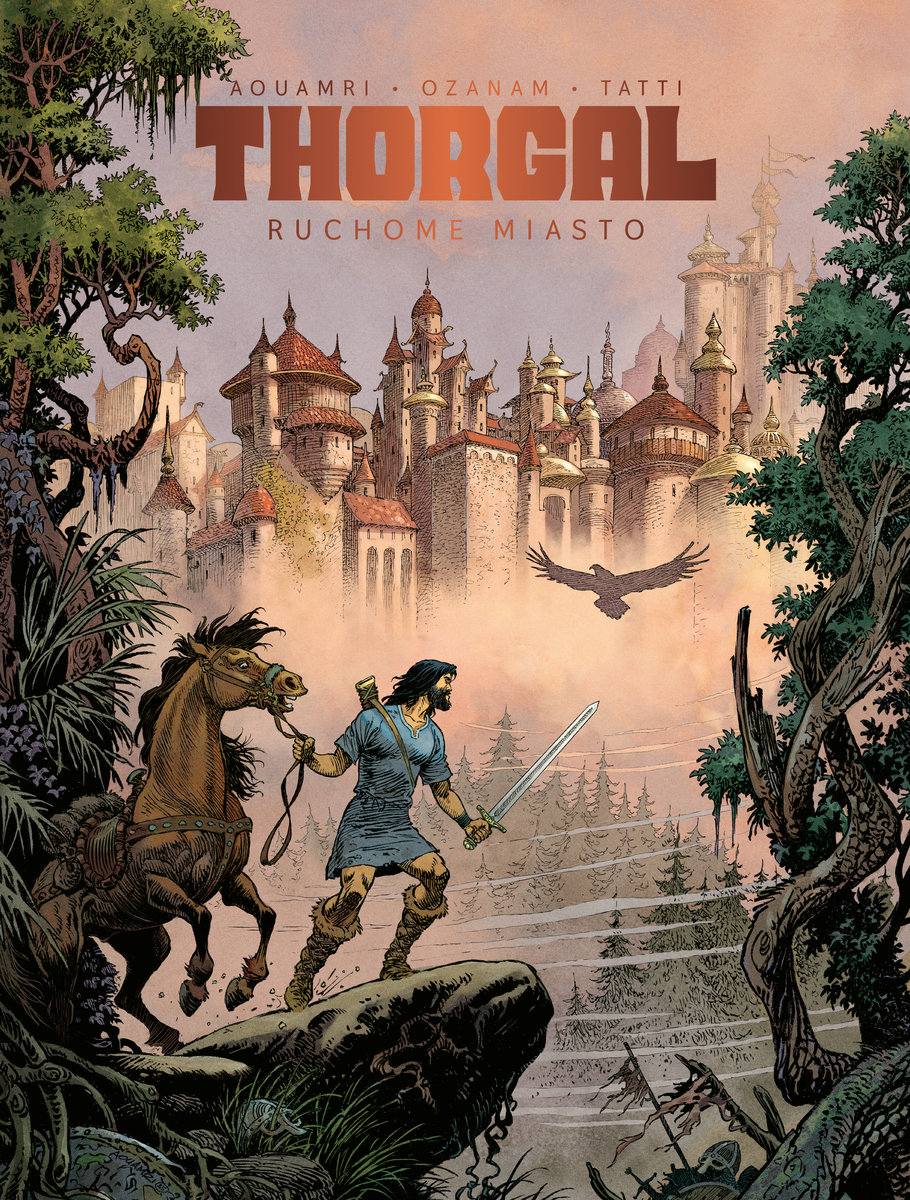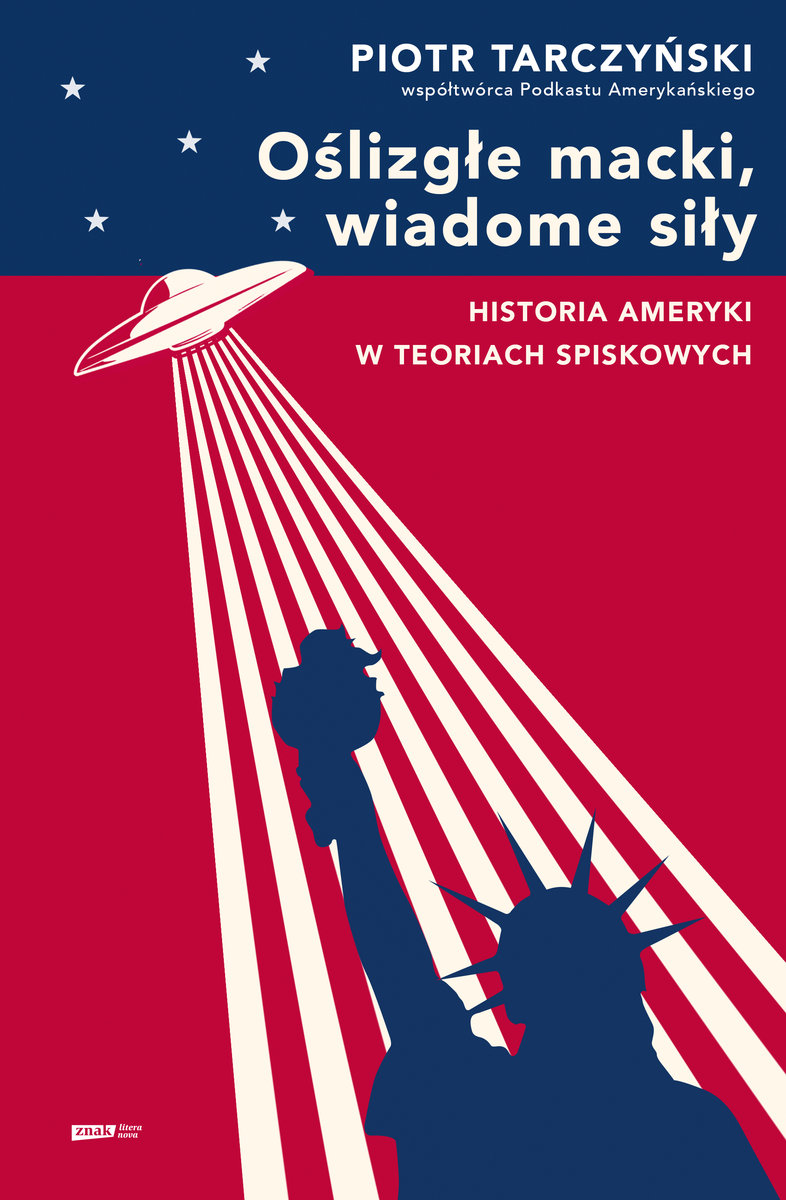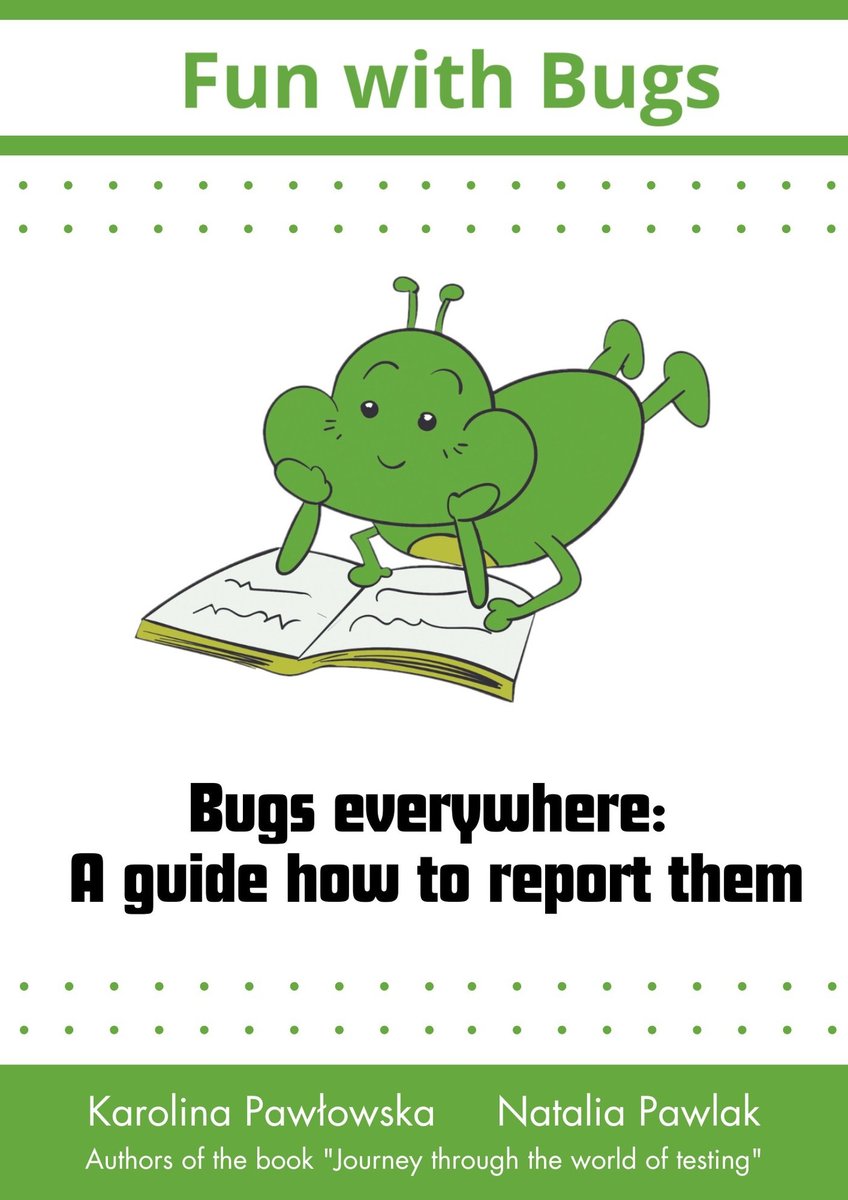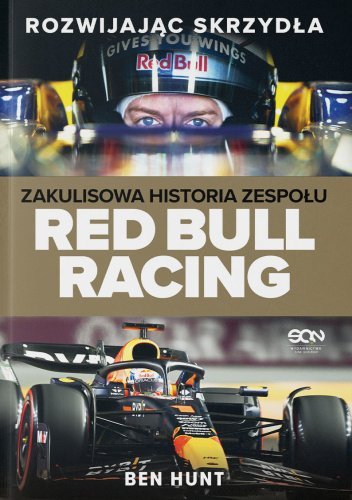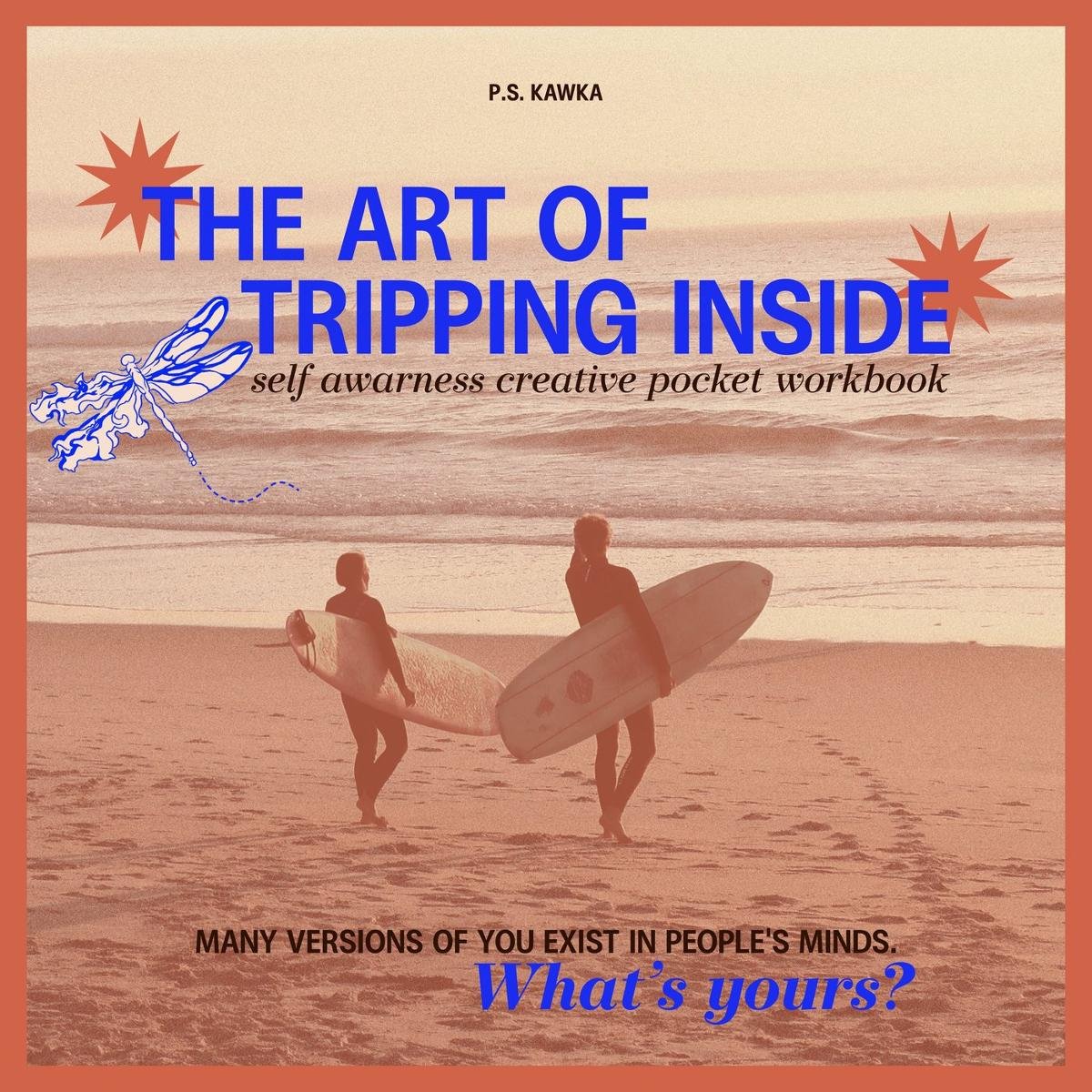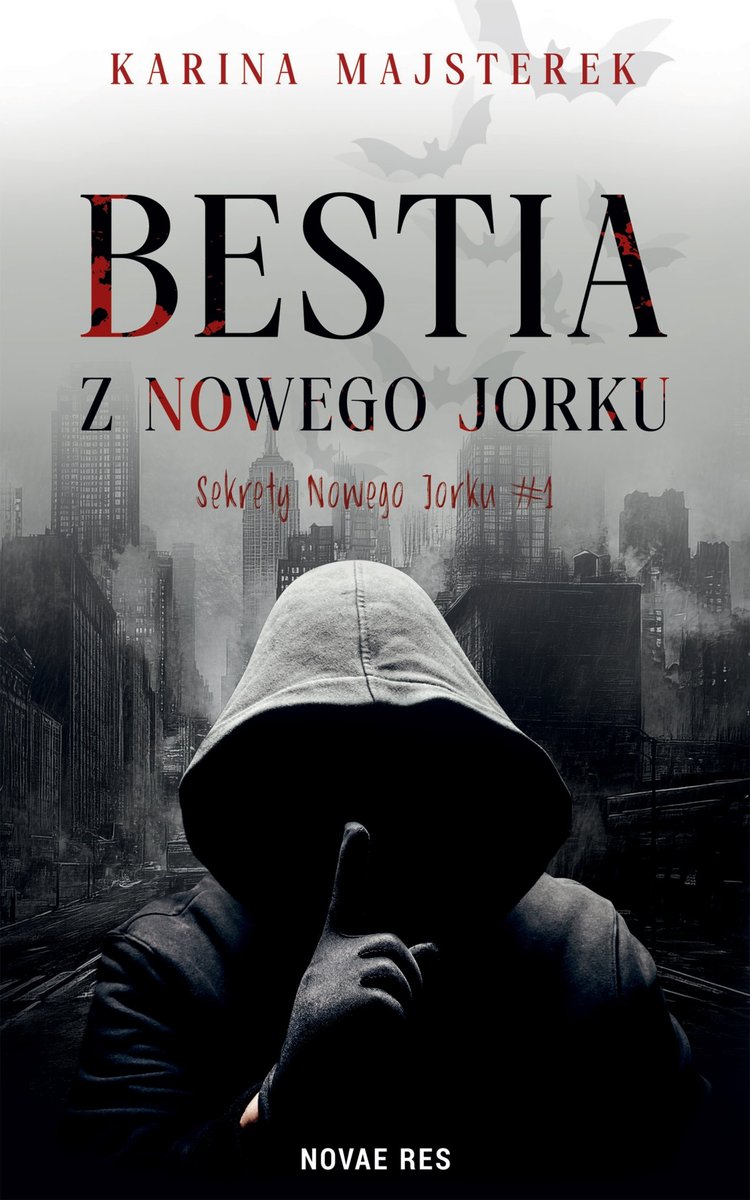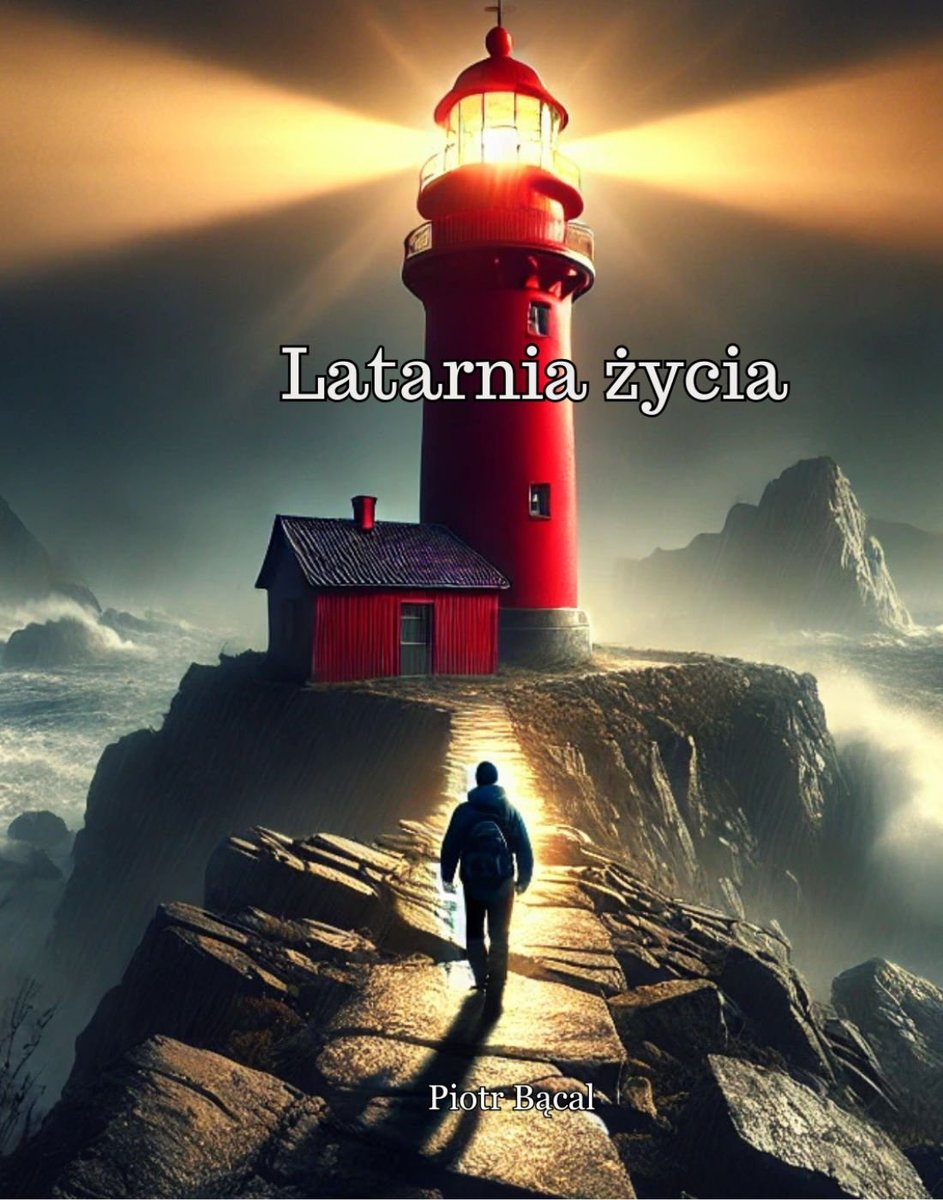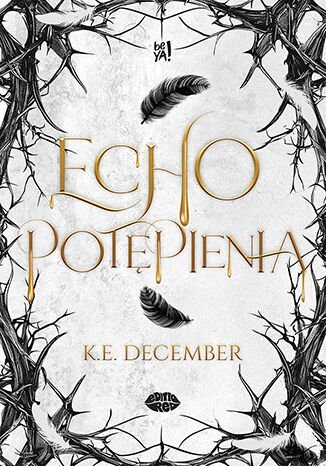Love__Pamela_-_Pamela_Anderson
| Szczegóły | |
|---|---|
| Tytuł | Love__Pamela_-_Pamela_Anderson |
| Rozszerzenie: | |
Love__Pamela_-_Pamela_Anderson PDF - Pobierz:
Pobierz PDF
Love__Pamela_-_Pamela_Anderson - podejrzyj 20 pierwszych stron:
Strona 1
Strona 2
Strona 3
Dedication
FOR MY BOYS,
The ones who encouraged me
to write my story
in my
imperfect style.
It’s the only way to endure
and describe
my life.
My unique madness,
my legacy.
From my invincible heart alone,
unfiltered.
Strona 4
Epigraph
Love is so short,
and forgetting is so long.
—PABLO NERUDA
Strona 5
Contents
Cover
Title Page
Dedication
Epigraph
Prologue
Chapter I
Chapter II
Chapter III
Chapter IV
Chapter V
Chapter VI
Chapter VII
Chapter VIII
Chapter IX
Chapter X
Chapter XI
Chapter XII
Chapter XIII
Chapter XIV
Chapter XV
Chapter XVI
Chapter XVII
Chapter XVIII
Chapter XIX
Strona 6
Epilogue
Acknowledgments
About the Author
Copyright
About the Publisher
Strona 7
Prologue
The lines blur
between dreams
and reality,
or where I end
and the world begins.
To live
and dream
is a wicked dance.
My dreams often come true—
A curse,
and a blessing.
Now that
I’ve come full circle
I finally feel “safe.”
I’ve stumbled upon a kind of love
that will sustain me—
not only a practical,
friendly,
and compassionate love,
A romance
full of fairies,
nymphs,
and magic.
A true love story—
The love
of self.
More likely,
A tender forgiveness.
Good habits
are hard to recognize
in the context
of all my past
Strona 8
and present decisions.
There is no right
or wrong,
just personal fixations
based on one’s history,
trauma,
innocence,
and education.
I was always told I was
“unmanageable.”
Nobody agreed with my choices
Maybe
that’s a good sign.
I was on no path but my own.
I was a hands-on parent,
No nannies,
The boys’
baseball game schedules
written into my film
and TV contracts.
My children always came first—
no matter what—
Nobody can take that away
from us.
A rarity in Hollywood.
I was
and still am
an exceptionally
easy target.
And,
I’m proud of that.
My defenses are weak.
I’m not bitter,
I don’t have the craving to be hard,
heard, or taken seriously.
Strona 9
I prefer
To be fluid
and free,
without boundaries.
Leaving life to chance
and destiny.
“Give me something else I can’t handle,”
I’d say—
Up for the challenge.
Life is a series of problems
we must navigate
with grace—
one problem solved,
another arises,
Again
and again
until we die.
I bumble along
pushing those closest to me
to new,
annoying,
and inspiring places,
asking of others
only what I demand
of myself—
I’m
a little girl born
of eccentrically beautiful,
creatively codependent,
unapologetic women,
Who were much too good
for any man.
A collective mermaid society,
Living in sandcastles,
dreaming under seaweed duvets,
Strona 10
oyster shells for dinnerware . . .
My mentors were fierce,
in cotton candy bouffants,
sturdy and wise,
yet weirdly fantastic.
I have been fortunate
to have the feminine wild spirit
whimsical and ever-present
swirling around me,
From my
bombshell mother
to the unique women
who raised her.
Rebel beauties
in Philip Treacy berets,
bent with blue water tactics,
sassy secret weapons.
Tried and true behaviors,
harmlessly loving
and unabashedly
sexy.
A sensuality
armed with
fantastic family recipes,
love, and seduction.
“The way to all men’s hearts
is through their stomachs,”
and also,
their starving minds.
I was taught
to never give up
Or relinquish “the chase”—
“Keep it interesting,”
“Don’t be too easy”—
To be such a girl these days
Strona 11
Has the opposite signal.
Taboo,
frustrating, unpatriotic,
or problematic.
It is natural
and interesting to me
to blend feminism
and femininity:
Learning the art of the tease
while holding dear
the value of self-worth
right alongside it.
All of this
ingrained in me,
celestial and
genetically loaded.
My memories
seem to be in a blender,
a blur of time,
Decades of delusion,
Confusion.
I prefer not to write about dates,
or years or months
or weeks—
It feels superficial.
The relationships
I’ve had
are not my life’s work—
Well . . .
They are a timeline.
In fact,
I think of my life
not in years,
but by who I was in love with
at that time.
Strona 12
A fuzzy memory.
I call it “soft vision”
like how I look to the camera—
Looking “through” it—
Even past it—
Never
a direct stare to the lens
but a softened focus.
A delicate squint into the abyss
like I could see something further
But not quite make it out.
Curious—
An energy calling me—
Gravity pulling me toward.
Every cover
Every photograph
from my end was literally
a blur.
(It also could’ve meant I needed glasses.)
Most people’s lives go
unrecorded,
or worse,
unlived.
It’s quite therapeutic going through
The archives.
I’ve survived
It’s almost like I lived my life
to write about it.
So,
I’m reaching
from here—
Into the deep mud puddle
I’ve created—
fishing out rocks—
And pulling up the dirtiness
Strona 13
that defends the bottom’s
often challenged
depth . . .
That’s me—
I devour books and art—
They shape me.
A lump of clay
waiting to be sculpted.
I pour
all I can into me
and
wake up
a new person every day—
achy, ravenous,
and reaching for the watering can.
Though this is a serious book
about abuse,
struggle,
and overcoming,
I hope it is also
Entertaining . . .
and,
more importantly,
Empowering.
My story
might resonate—
a small-town girl
who somehow got tangled up
in her own dream.
Realizing quickly
she had created something
out of nothing.
I lit the fuse
and
It took off without me
Strona 14
like a wild firecracker you can’t catch—
whipping playfully,
dangerously unpredictable,
and too hot to handle.
An endless smoking burn—
There were
hardships,
and joy,
And
throughout it all,
I felt led through:
All I needed was
Courage
to take another step—
Knowing
I had angels by my side.
The only protection
I needed,
Along with a firm sense of self.
I have an
unwavering faith in something—
A God,
there has to be—
There was a turning point
when I felt free
to be myself
and not just exist in survival mode—
Liberation—
when I realized
I was my own worst critic,
I decided
to shed the paralyzing shyness
that I was imprisoned by—
Realizing
that life is happening
Strona 15
with
or without me.
A
mindset:
If others can be it,
So can I.
To the young girls
and boys
out there
who are painting their own lives,
“Winging it,”
You’re not crazy.
You’re brave like me.
Independent thinking and
Disobedience
are important—
And,
you are going to be okay.
I wish someone told me that.
And if they did
I wish
I believed them.
I became a warrior,
A destroyer
of old beliefs,
Slaying dragons.
I embraced
the illuminating thought:
I am “good enough.”
I am powerful—
Oh am I . . .
Strona 16
I
I picture myself at 5 years old—
In detail—
I look at her from head to toe—
I watch her for a while
playing,
animated, ludic, theatric—
though on the beach alone.
I call her name to get her attention—
She takes a moment to recognize me
and then runs to me
with open arms.
I hug her tight
and swing her around,
while she smiles her electric smile
and giggles
with innocent
wonder.
I tell her how much I love her,
How beautiful she is,
a wildflower,
and that I’m here for her,
And that
she’s going to be okay.
That she’s going to get through it all
with flying colors—
I kiss her strong on her sandy cheek—
She smushes up her face
and
wriggles away from me.
Off she runs
in her worn-out
apple-green
Strona 17
terry cloth bikini—
That’s trying hard to stay in the places
it is meant to.
She blows me kisses
and waves—
She hurries back to what’s important—
Mr. and Mrs. Crab
and
their jellyfish children.
The real me—
unpolluted.
I WAS BORN IN 1967, THE SUMMER OF LOVE. A CENTENNIAL BABY, arriving a
healthy seven pounds, seven ounces, on Canada’s one hundredth
birthday. A hundred years of what, exactly? A manipulated history.
Vancouver Island was formed by a volcano 150 million years ago, and
First Nations people lived there thousands of years before Columbus set
foot on the island. You can’t “discover” a land where people already live.
History is often rewritten to create heroes out of monsters. Or vice versa.
The truth always comes to the surface, eventually.
Will-o’-the-wisp . . .
My parents were young to have me, my mother only seventeen and
my dad nineteen. They met in early spring under a big blossoming cherry
tree, just in front of the church my mom’s family attended most Sundays.
She was sitting on the lowest branch, swinging her pretty legs in bobby
socks, so the story goes, when Dad and his friend walked by. Dad zeroed
in on her and gave his best buddy a quarter to get lost. Hey, angel, he
said, leaning his arm against the trunk, slicked-back hair and ocean eyes.
She was smitten. They immediately fell madly in love. A lightning bolt.
Coup de foudre.
Their romance was like a 1950s movie. Think American Graffiti.
Drive-ins, hot rods, burgers split at the local Wings Café. Dad wrote
poetry to her on long scrolls of paper lifted from the smelly Crofton
paper mill, where he’d worked for a time. He’d write my mom every
day, and she’d run to the mailbox after school to get his letters. Even
Strona 18
though they lived only a few miles away from each other, it was too far
and too long to be apart.
Ladysmith is an old coal-mining town, a place of abandoned sawmills.
A fishing village proud with beaches, parks, and First Nations reserves.
Not much to do but gossip. Or be gossiped about. My parents were hot
trouble, the local Bonnie and Clyde. They were both ridiculously jealous
and seemed to enjoy fighting as much as making up. My dad would
sneak my underage mom into the local bar—and when the cops came,
off they went running, my mom hiding in the bathroom, her bright
yellow jumper giving her away. A stern “go home” is all they would get,
sometimes a $5 fine.
Dad liked street racing and ended up crashing a few of his cars, most
famously a convertible Austin-Healey, which went careening off a small
bridge into the sticky spit at Saltair. His reputation is a local mythology,
and to this day, everyone has a memory to share: at the grocery store, the
liquor store, any store. Oh, your dad . . . I could tell you stories . . . I
have to stop them and say, I’ve heard enough, trust me, but thank you.
They walk away after that with an “oh boy” look, shaking heads. Then a
naughty smile, flashing back to the good ol’ days, a sudden spring in
their step—like they’re going to go home to make love to their wives
after a long while.
Once, when Dad was trying to outrun the police, he totaled his green
Ford Fairlane. Mom was in the passenger seat begging for him to slow
down. Her pretty head went through the windshield, the soft cream
interior soaked in blood. She was pregnant with me at the time, and
we’ve joked that “that might explain things” (about me, not my mom).
She still covers with her hair a long, deep diagonal scar that runs across
her forehead from her hairline into her eyebrow.
Their shotgun wedding was modest. I was born a handful of months
later, in the local Ladysmith hospital. My dad was out playing cards with
the guys, having a few drinks, and missed the birth. Six months later, a
photo ran on the front page of the Ladysmith Chronicle, my dad holding
the “Centennial Baby” medallion, and me on my mother’s lap. Kumari-
esque.
Strona 19
Our little family lived at Arcady Auto Court, my grandparents’
property of nine tiny cabins, nestled in the forest right on the beach.
Cabin 6 was ours, set on a grassy knoll, with an ocean view peeking
through the ancient arbutus. Though most people around were rough-
mouthed and ready, my grandmother had such grace—tall, with perfectly
coiffed dark hair and pale skin. She wore chic one-color outfits, lime-
green pants and tops cut at the shoulder, and pretty ballet flats. Red nails
and lips. A glass of sherry was her breakfast, poured at the Frank
Sinatra–style bar full of crystal bottles atop the old cherry Weber piano.
Later Grandma rented out the cabins to bikers, mostly. She seemed to
like and trust the Hells Angels, too. After Grandpa passed away, I think it
made her feel safer to have strong men around who adored her,
appreciated her generosity, and would do anything for her. “Acid
Eddy’s” cabin still stands, and legend has it that there’s gold buried
somewhere, and possibly a few bodies. I can still remember the sound of
bikes intermingling with little birds’ chirping, owls’ hooting . . . the
screeches of eagles.
Wildness
amongst wilderness.
The Auto Court’s small store carried the necessities, the staples. Its
pink and black lacquered shelves were lined with cigarettes, candy, and
newspapers. The fridge was filled with pop, the freezer full of freezies. I
would open the lid and lean in headfirst, almost falling in, feet
ferociously bicycling, while reaching down into the icy cold to grab my
favorite Popsicle. It had to be orange, it was my go-to. You could tell by
my swollen, orange-stained lips—the lips I eventually grew into but was
teased about as a kid. Grandma would see me and give me that look of
“What have you been into?,” knowing quite well the answer. I’d look
down sheepishly, then smile, orange from nose to chin, and ask her to put
my bounty on our “tab,” not knowing what that was or that my dad had
to pay it off monthly. She’d grab my arm and pull me to the sink, taking
a worn-down bar of soap and washing my little hands between hers
under the warm sudsy water. Then she’d use an old wrinkly dishcloth,
smelling of something strangely antiseptic, to wipe my mouth and send
me on my way.
Strona 20
My brother, Gerry, came four years after me, a towhead full of blond
curls and with blue eyes, like my mom. A cherub. The opposite of me in
every way. I thought Gerry was the most beautiful thing I’d ever seen.
He was born July 31, a special local holiday. Another newspaper
mention. Another medal.
When my mom was very pregnant with Gerry, we moved down the
beach to a three-room cabin on Woodley Road. The shingled roof
matched the faded cedar siding and was a driftwood gray from the sea’s
endless battering and the wet weather. In the winter, icicles hung so low
they touched the ground, like a frozen waterfall. The outdoor front porch
was part of our living space, with our washing machine and freezer on it,
and cases of empty beer bottles, ready to be taken to the bottle depot on
the weekends.
The cabin was steps to the sand. I was good at running across
barnacles barefoot, sprinting over them like they were hot coals. I’m not
sure my feet even touched the jagged shells. The pebbly sand, rocks,
crabs, tide pools, starfish: a wonderland of rich and healthy sea life on
our doorstep. My playground.
My world was the ocean.
And I always had a toe in it.
Our home was small. There wasn’t much room for all of us at once, so
Gerry and I played outside mostly, even in the rain. I always felt safer
outdoors than in. I loved climbing the three-tiered rock garden behind the
house, full of wild poppies, peonies, and blackberry bushes . . . We slid
around in puddles, picking wildflowers and berries, and occasionally
stole a few precious “don’t touch my” daffodils from Mom’s garden. My
favorite spaces were surrounded by fragrant purple lilacs, sour grapes in
vines strangling the trunks of tart green apple trees. Gerry and I would
make mud pies, and I’d set a “table” with sticks and leaves in the dirt,
placing our stolen flowers in the middle. Then we’d eat the pies—a little
bit of dirt never hurt anyone.
My mom gave us
everything
and my dad’s love was


